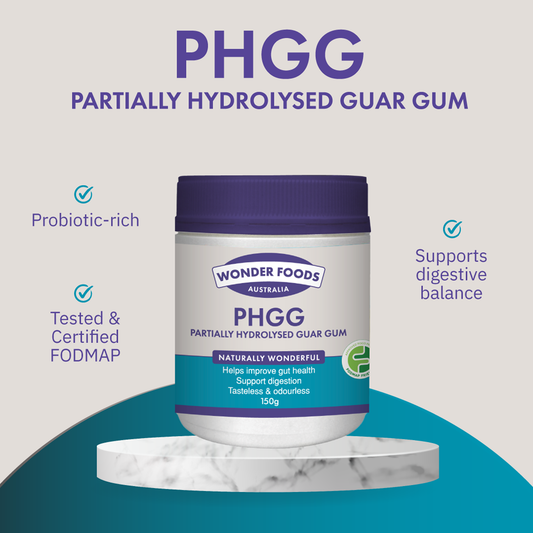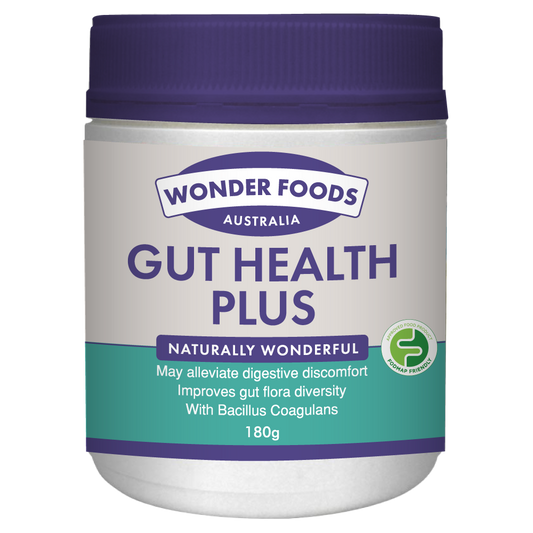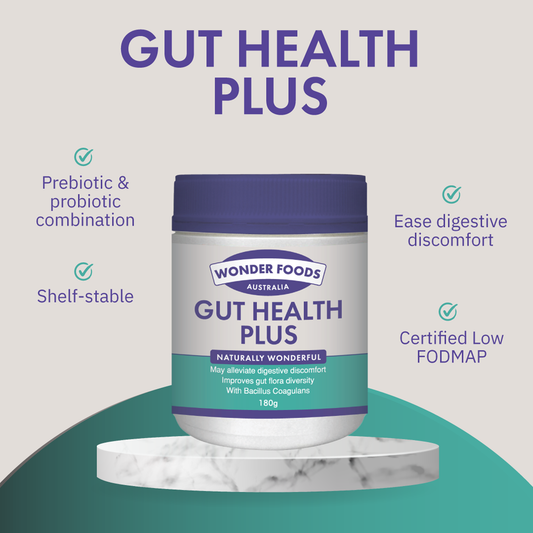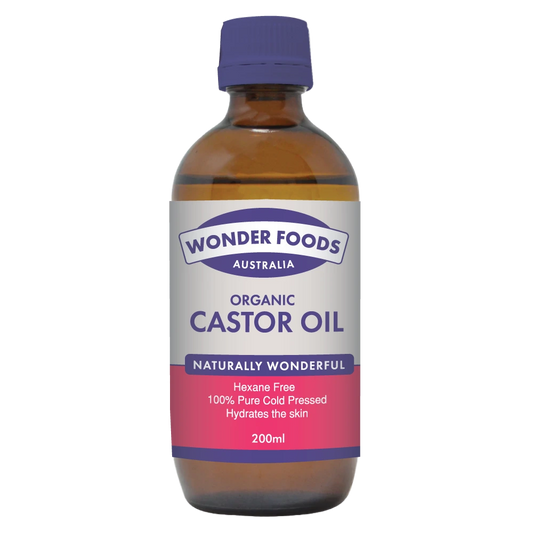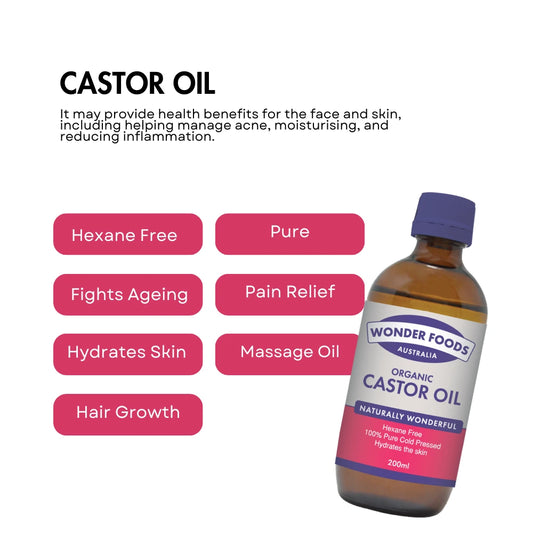
Turmeric - Everything you should know
What is Turmeric?
Turmeric is a plant that is related to ginger.
It is grown in many Asian countries, as well as other tropical areas.
It's a common ingredient in curry powders and is often used for its colouring effects in foods.
The underground portions of the plant can be dried and made into extracts, powders or teas.
What does Turmeric do to your body?
Turmeric (Curcuma longa) has been used for 4,000 years to treat a variety of conditions.
Studies show that turmeric may help fight infections, reduce inflammation and treat digestive problems.
What is the active ingredient in Turmeric anti-inflammatory?
Are Turmeric supplements good for joints?
In a study comparing two groups pain levels when walking, climbing stairs and knee function - all three improved.
Those who took turmeric found that their pain when climbing stairs improved more than those who received ibuprofen.
Combining Turmeric with Chondroitin, Glucosamine & Collagen into a supplement would help many people with their joint pain and stiffness.
Which is better for joint pain, Turmeric or Curcumin?
Both turmeric and curcumin can reduce joint inflammation (as well as other benefits such a reducing cholesterol, fungal and bacterial growth).
The important aspect seems to be choosing a Turmeric which is high in Curcuminoids (90%+).
Why does CJC have Black Pepper?
Is it safe to take Turmeric every day?
Turmeric is likely safe and it doesn't usually cause serious side effects.
Human clinical trials haven’t found turmeric to be toxic when given at doses of 1–10 g a day. In studies, participants received doses of approximately 1–1.5 g a day but also up to 8 g a day.
Turmeric increased the effects of anticoagulants or anti-platelet drugs in laboratory studies, but the effects on anti-platelet drugs haven’t been demonstrated in humans.
Is Turmeric a better anti-inflammatory than Ibuprofen?
Who cannot take Turmeric?
High doses of turmeric could have a blood-thinning effect; if taken on top of prescribed anticoagulants, this could increase the risk of dangerous bleeding.
People with liver or bile duct problems should not take turmeric supplements, as they can increase bile production.


